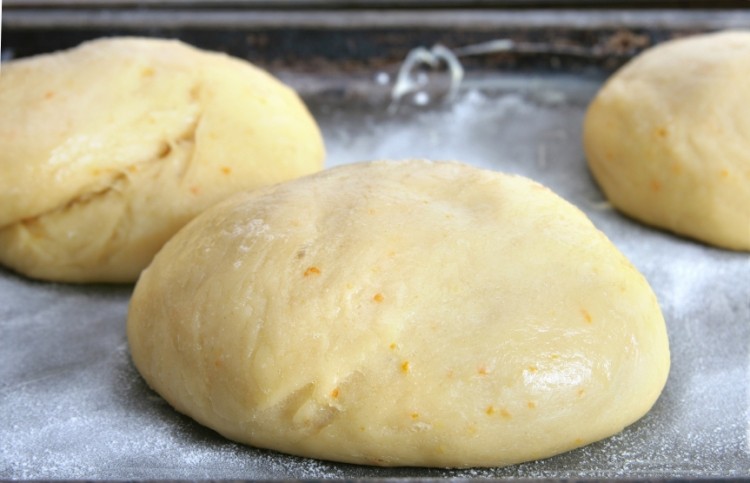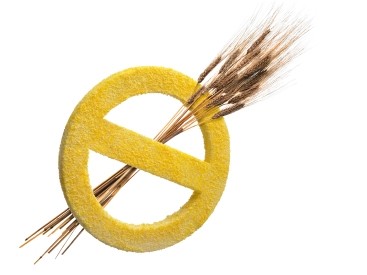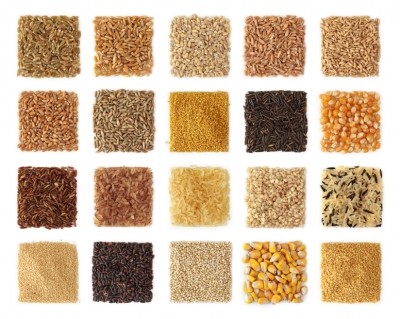Rye bran extract holds gluten-free promise despite industrial limitations: Study

Published in the Journal of Food Hydrocolloids, researchers worked on a pilot scale study that successfully extracted and incorporated arabinoxylan - a pentosan in rye bran – into gluten-free sour dough bread.
“Yield and purity of isolated pentosans were sufficient for application in gluten-free bread, where they can improve texture as well as nutritional properties,” the researchers wrote.
However, they said there are limitations in scaling-up the extraction and use of such pentosans. “The many steps during purification are still the main limitation for an industrial application.”
Gentle, cost-effective extraction
To obtain gluten-free arabinoxylan several steps have to be employed, the researchers said. This can include extraction with water after breaking down starch with enzymes and precipitation with ethanol as well as protein removal using enzymes, bentonit or heat precipitation.
While complex, the processing steps to extract the pentosans had been successful on a pilot scale.
“The presented study showed a new approach for arabinoxylan isolation from rye bran,” the researchers said.
The extract was cleared by centrifugation, protein and starch degradation with enzymes, heat and bentonit treatment. Finally, pentosans were separated with alcoholic precipitation or ultra-dia-filtration.
The researchers said that the alkaline conditions proved a better method for purification because fewer arabinoxylans were lost.
Appealing costs…
Rye bran was selected as a raw material not only because of its high level of pentosans, but also because it is a low-cost by-product.
“The use of bran instead of flour contributed to an increased economic feasibility, because bran is a cheap by-product.”
Efforts were also put in place to cut costs elsewhere in the extraction process. “In contrast to other studies no organic solvents were used in order to establish a cost effective process,” said the researchers.
Source: Journal of Food Hydrocolloids
Published online ahead of print as an ‘accepted manuscript’ on August 20, 2013
“Pentosan extraction from rye bran on pilot scale for application in gluten-free products”
Authors: A. Mansberger, S.D’Amico, S. Novalin, J. Schmidt, S. Tömösközi, E. Berghofer and R. Schönlechner










